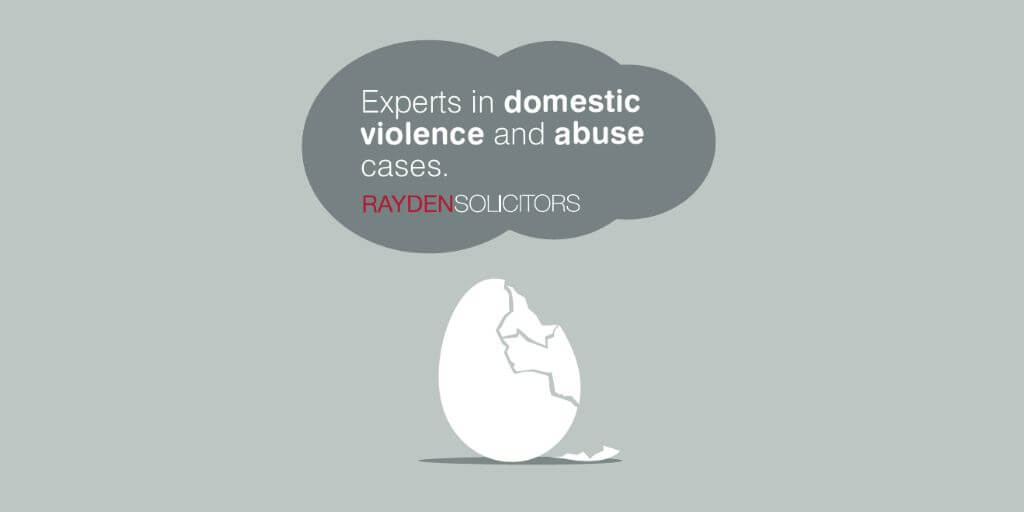In a series of blogs Legal Director, Nicola Meldrum, joins with guest author Sunita Anderson who is a survivor of domestic violence and now coaches and mentors other survivors through domestic abuse recovery. Together they look into what domestic violence is, the different forms it can take and the route out of an abusive relationship.
Legal Director Nicola Meldrum provides the criminal definition of domestic abuse, which is set out in the Domestic Abuse Act 2021. Here it is defined as an incident or patterns of incidents of controlling, coercive or threatening behaviour, violence, physical or sexual abuse, economic abuse or psychological, emotional or other abuse. This behaviour takes place between those aged 16 or over who are or have been intimate partners, married or otherwise, those that have or have had a parental relationship in relation to the same child, or relatives, regardless of sexuality or gender. If someone is found guilty of committing domestic violence they will face prosecution.
Within family law the aspects of domestic abuse that are dealt with from a legal perspective, and which fall outside criminal law, are the means of protecting the victim and helping them secure their safety and also where necessary the safety of their family. There are private orders that can be obtained, called non-molestation orders and occupation orders. These stop the abuser doing certain acts, for example not to contact the victim, or restricting them from entering all or parts of a shared property.
The paramount consideration is securing the victim’s safety – as family lawyers, after considering a client’s particular situation we would advise on the most appropriate steps to take from a legal perspective. Nicola addresses the specific legal options in a later blog in this series.
What is the Cycle of Abuse?
A common misperception is that for abuse to exist, it needs to be there all of the time. The reality is that it can have absences, and the gaps can sometimes be quite large, but when the abuse kicks in it is not random. There is a distinct pattern and this is known as the Cycle of Abuse. Let’s take a look…
- Honeymoon Phase – The freshness of this phase where it feels as if nothing could ever go wrong. There is love, trust, passion and a sense of bonding. The abuser begins manipulation by saying and doing things that happily overwhelm their partner with love.
- Tension Building – Stresses start to build. Often caused from outside factors, such as money worries, work pressure or health issues, the reaction at home is an increase in lashing out at the non-abusive partner. Being short-tempered, impatient, irrational and quick to have an outburst, the abuser will be hard to pacify and cracks start to form.
- Explosion – The bottle explodes attacking the non-abuser, the victim, in any number of harmful ways, all demonstrating a power position held by the abuser. It can be disorienting and disabling.
Then the cycle goes full circle back to the beginning again, which is renamed Reconciliation: making up and giving guilt-inducing explanations from “I love you; It’ll never happen again” to turning to alcohol or threatening suicide. The mental impact of this cycle takes a toll that is harmful yet invisible to the victim until they are no longer in this relationship.
This is a complex and difficult situation. There may be denial as a result of fear of change or letting go. It is usual to believe that love is still in play, victims often tell themselves ‘better the devil you know’, confusing control for ‘love’, with an ironic twist on the use of devil. However, treading on eggshells is the same as living in fear which is never a healthy option.
If you would like to discuss any of the above in more detail, please do not hesitate to send Nicola or Sunita an email.








